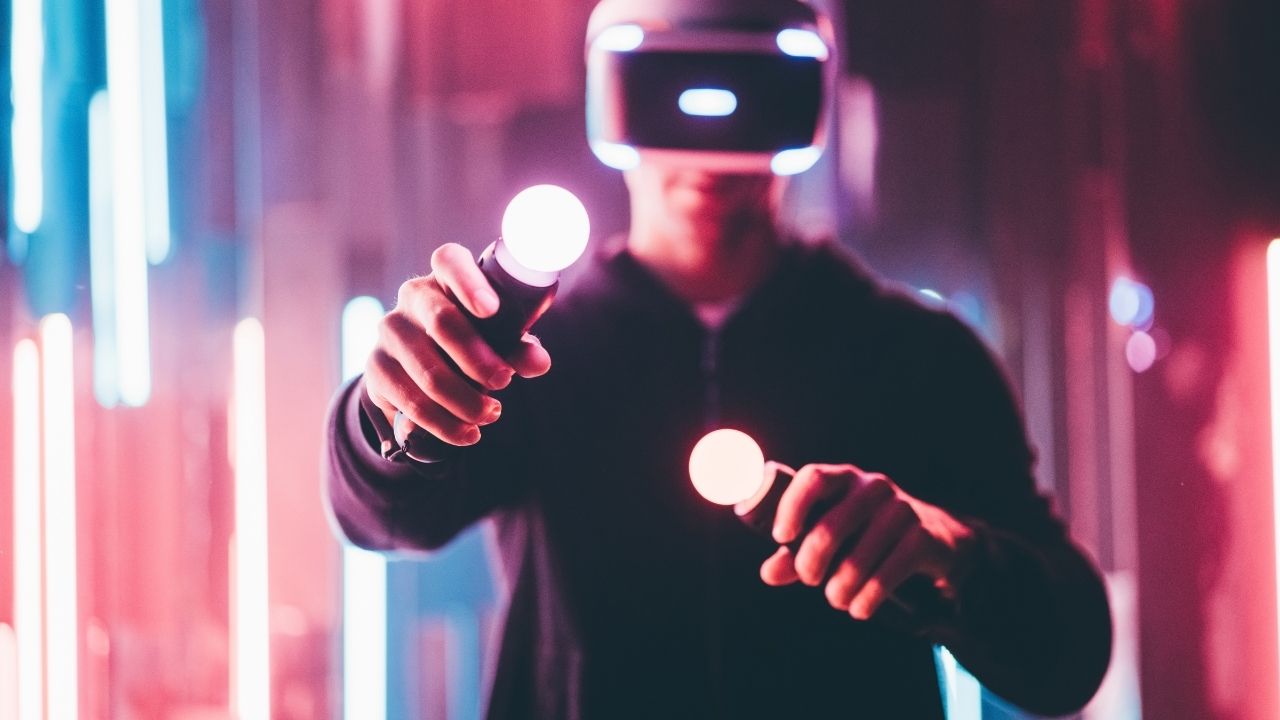Discourse over the metaverse is ripe, and it doesn’t fully exist yet.
With Meta (formerly Facebook) kicking off the race to build this digital universe, skepticism and criticism has already come to the forefront.
Meta has been riddled in controversies, some of which came to a head just before the company rebranded. These included the privacy of user data, fueling of mental distress in younger users, the belief that any engagement is good, and much more.
So what does this mean for the future of the metaverse, and should we be worried?
While much discussion over the metaverse focuses on end-user experience, it’s important to understand how brands will play a role in this universe and what sway they will have in how it’s operated.
On its own, the concept of the metaverse feels dystopian. Throw in controlling corporate entities with the goal of engagement and profit in mind, and society could see a massive shake up.
However, there is still a way to create the best possible metaverse that makes a positive impact on the world.
For starters, it will require companies to create a healthy and accessible user experience. Many have already dabbled in the world of augmented reality (AR), allowing consumers to virtually try on shoes or pick the right furniture out.
Virtual reality (VR) also plays a role here and has become more accessible to the general public in the past few years. For instance, luxury designer brand Balenciaga recently co-released a collection with the game Fortnite, providing younger generations with inspiration for future endeavors.
Most importantly, when creating products or services for the metaverse, companies should focus on whether the platform aligns with their core values, is inclusive to all, and presents your brand in a way that isn’t a bombardment of advertisements seen on current social media.
















